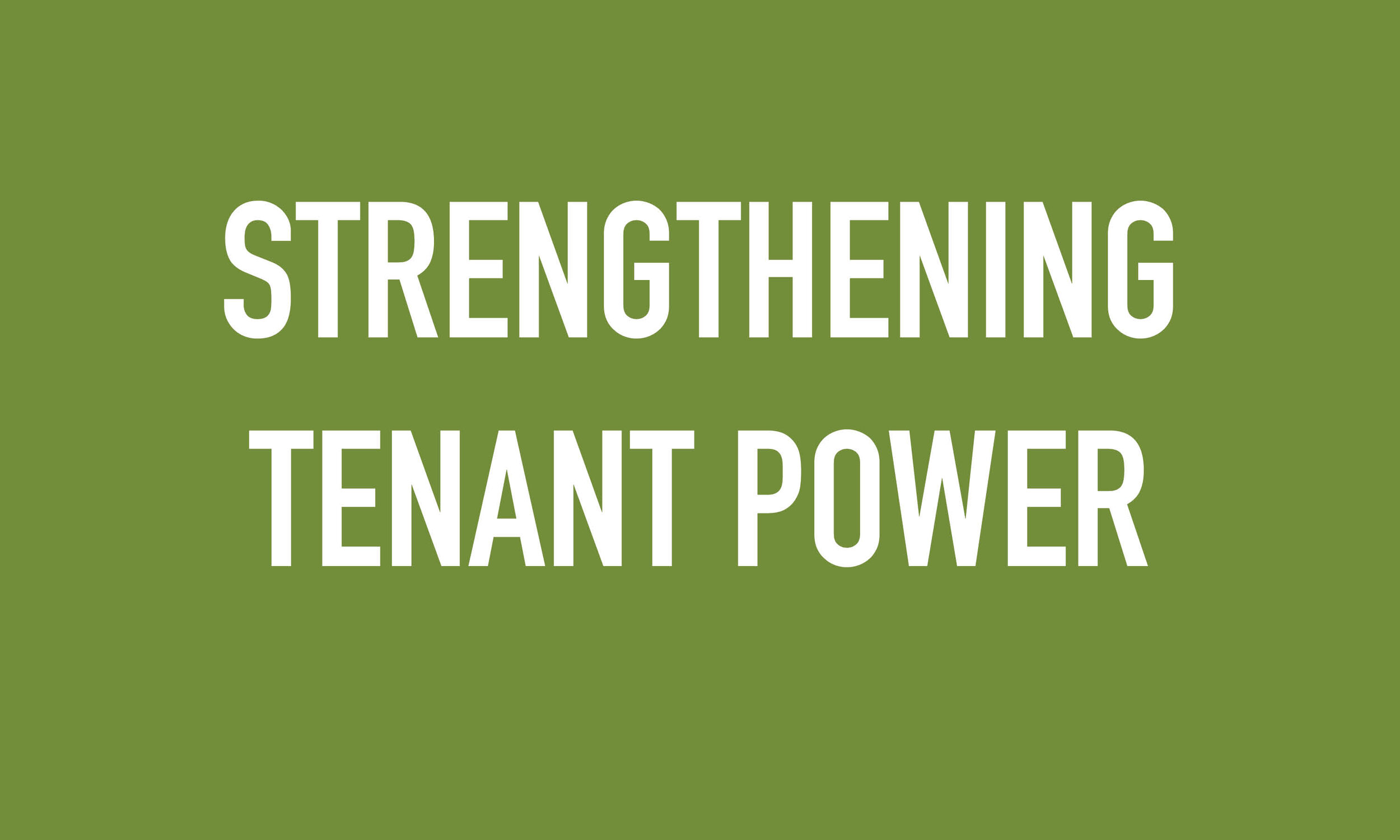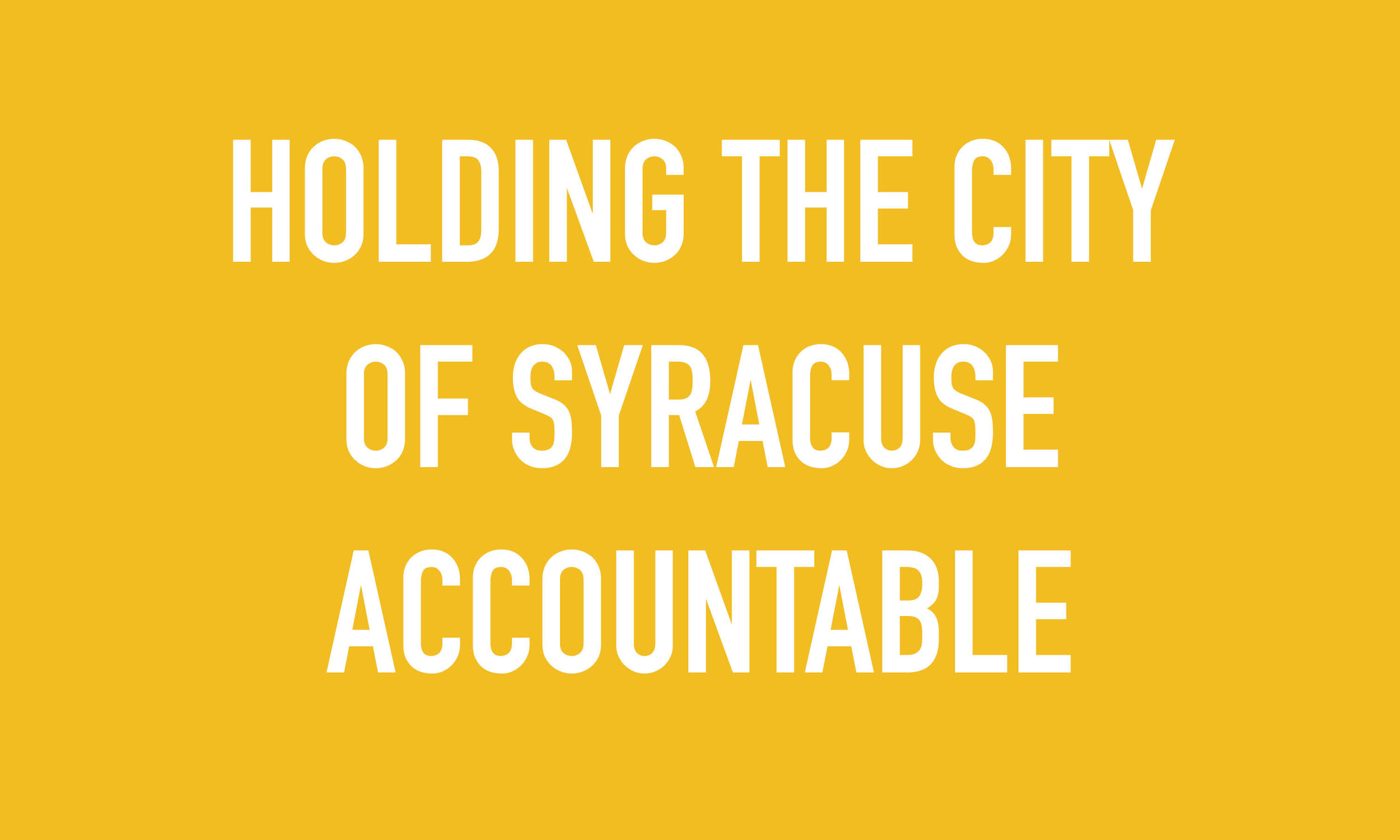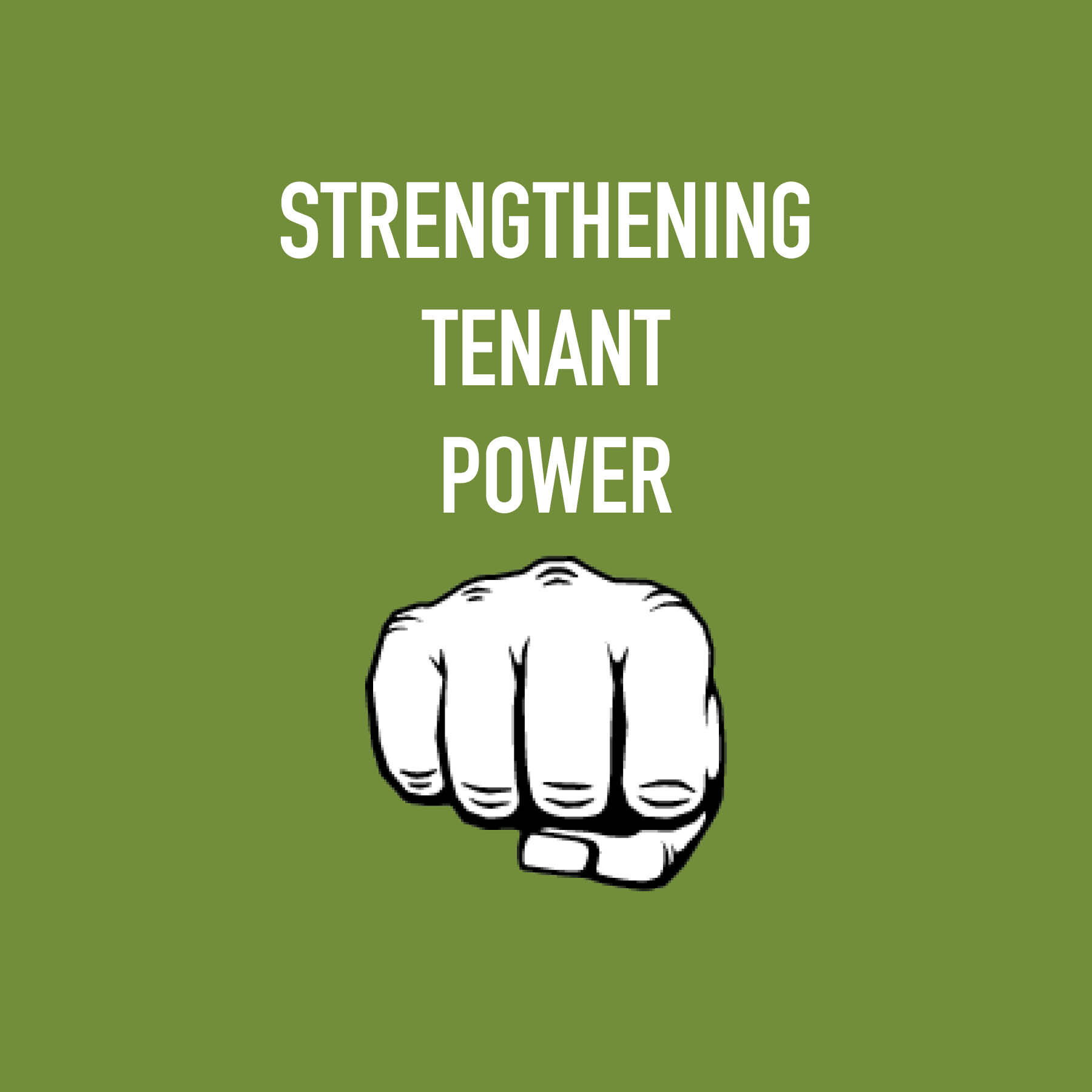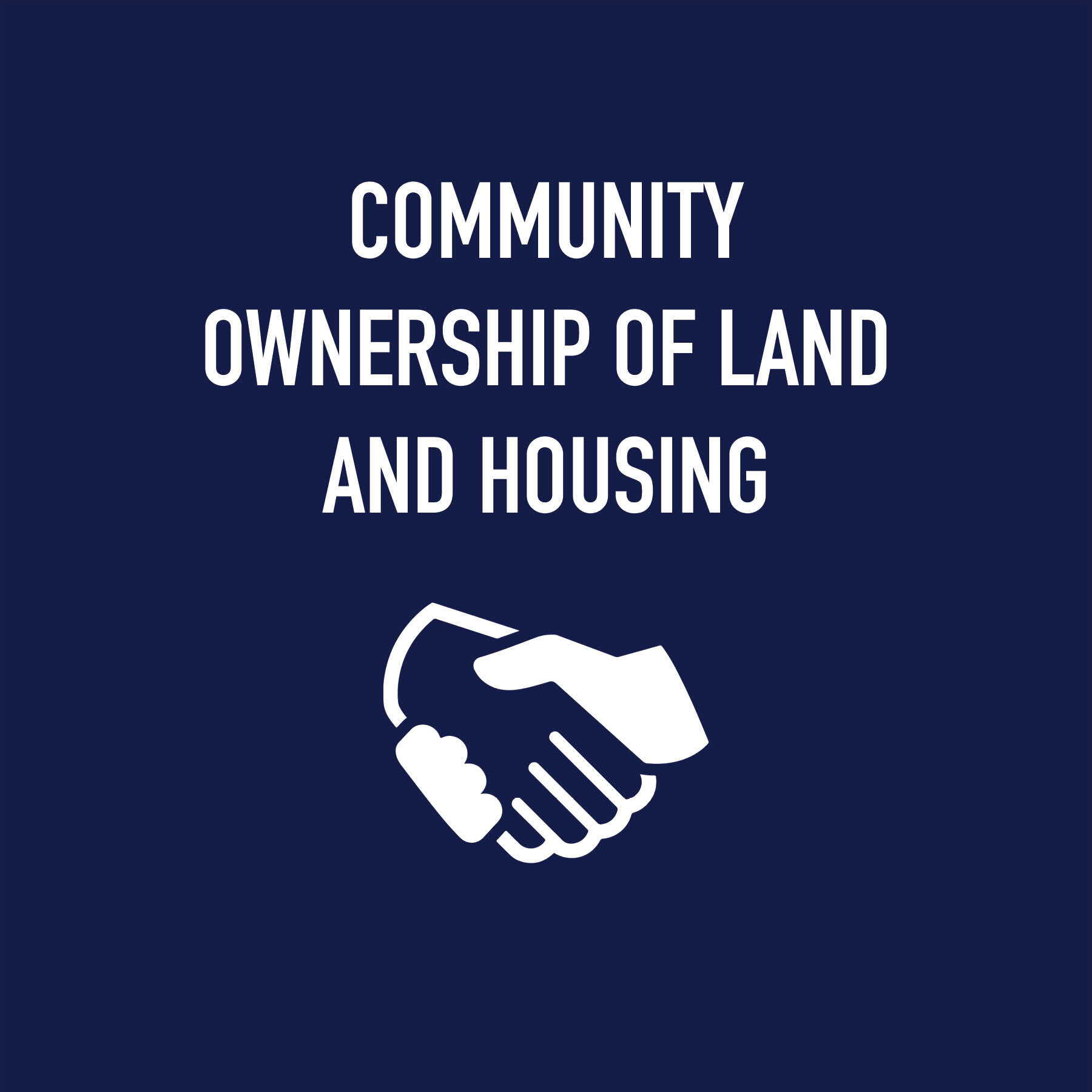OUR 2021 PLATFORM
Syracuse Tenants Union is a grass roots organization in which our goals is to play a supportive role to tenants in their need of knowledge about Tenant Rights, Code enforcement, preventative steps they can do to avoid eviction, and much more. We also play a pivotal roll in fighting for change in tenants rights legislation locally and statewide.
Furthermore, S.T.U. believes that Housing is a Human Right! Clean, safe, decent housing is right that should be given to all tenants. Tenants are the majority in the city of Syracuse and we deserve respect!
We are people-powered and tenant-centered! Jump in and join us in our work:
Community organizing through canvassing, one-on-one meetings, kitchen table talks, leadership development, power relationship analyses, and more
Community mobilizing including get out the vote and supporting each other
Tactics such as media campaigns, rent strikes, public demonstrations, testimonies at hearings, legislative lobbying, and more
The Tenant Dignity and Safe Housing Act (A354/S4594A) will allow tenants to sue landlords in local Housing Court for breach of the warranty of habitability. Tenants will be able to force landlords to make repairs and fix the substandard, dangerous, and degrading housing conditions that plague the working class in Syracuse. Sponsored by Assemblymember Bill Magnarelli and Senator Rachel May.
Good Cause Eviction Protection (A5573/S3082) must be the law across New York State. Tenants who pay their rent and comply with the terms of their lease must, in return, be able to count on having a stable home that forms the foundation of their life. Tenants must be able to ask their landlord to make repairs without the very real threat of eviction. Sponsored by Assemblymember Pam Hunter and Senator Julia Salazar.
A “Tenant Support Unit” must be established within the Syracuse Mayor’s Office to advocate for tenants at the county, state and federal levels as robustly as the City now advocates for landlords and other business interests. The unit will:
1. Assist in negotiating affordable housing agreements with all residential and commercial development projects in the City;
2. Coordinate public and private sector services to tenants displaced by emergencies and by new development;
3. Manage an escrow account for tenants to deposit rent withheld for repairs;
4. Coordinate with the Syracuse City School District to provide services to students displaced by unfit housing vacate orders and eviction;
5. Collect data on eviction, rent levels, displacement; Code Enforcement effectiveness; and on the ownership of Syracuse rental housing stock.
ETPA Opt-in. The Housing Stability and Tenant Protection Act of 2019 gave every municipality in New York the right to “opt in” to the Emergency Tenant Protection Act of 1974 (ETPA). The ETPA will balance the displacement caused by gentrification and combat exorbitant rent increases caused by predatory investment. Tenants living in buildings built before 1974 that contain 6 or more apartments will have regulated rent levels, leases with the right to renew, and good cause eviction protection (like all public housing authority and Section 8-project tenants do now). The Common Council must take the first step and commission a “vacancy study” ($30,000 to $50,000). Vacancy studies have recently been commissioned by Rochester, Albany, and Kingston, and are pending in Newburgh and other cities.
Syracuse Rental Registry We must make the Rental Registry work for tenants:
1. To register, landlords must provide a physical address in the City of Syracuse where service of legal papers will be accepted. This will enable tenants to pursue legal claims for security deposits and property damage, and will enable the City to sue out of town landlords for code violations.
2. All code violations must be cleared before a property can be registered.
3. Raise the re-registration fee for lapsed registrations.
Syracuse Code Enforcement Must Be Re-visioned and Re-made. Code Enforcement is ineffective and cannot be relied upon by tenants to obtain even the most basic repairs.
1. Every complaint will be logged and entered into the inspection system. This includes complaints made by phone and the website. Complaints must be accepted from advocates, family, friends and others on behalf of a tenant.
2. The agency will fulfill its obligation to provide language access to all complainants and access to all complainants with disabilities.
3. Physical inspections will ensure that repairs are made with the highest quality materials and craftsmanship. Caulk will no longer be allowed for repairs to plumbing leaks, or holes in ceilings, walls and floors. Plastic, tape, cardboard will no longer be allowed for repairs to broken windows. Stairwells filled with dead pigeons will no longer be allowed.
4. Tenants must have safe access to basements and attics in order to access electrical breakers, plumbing, drains, and furnaces.
5. Buildings that are deemed “unfit” must be vacated and sealed with the rental registration suspended until a physical re-inspection is conducted to verify all repairs are made. When repairs are not made timely and the building remains “unfit” the agency will refer the case to corporation counsel for appointment of a receiver and/or seizure.
6. Re-inspection fees must be raised: $100 for a second inspection, $300 for a third inspection, $500 for a fourth inspection, etc.
7. Violations will no longer remain open month after month; a time limit on repairs will be imposed. The agency must refer cases to the BAA or to corporation counsel for enforcement when repairs are not made timely or adequately.
We are taking the first steps in creating a people’s land trust for tenants to collectively own the land and housing necessary to live with dignity, stability, power and solidarity.






